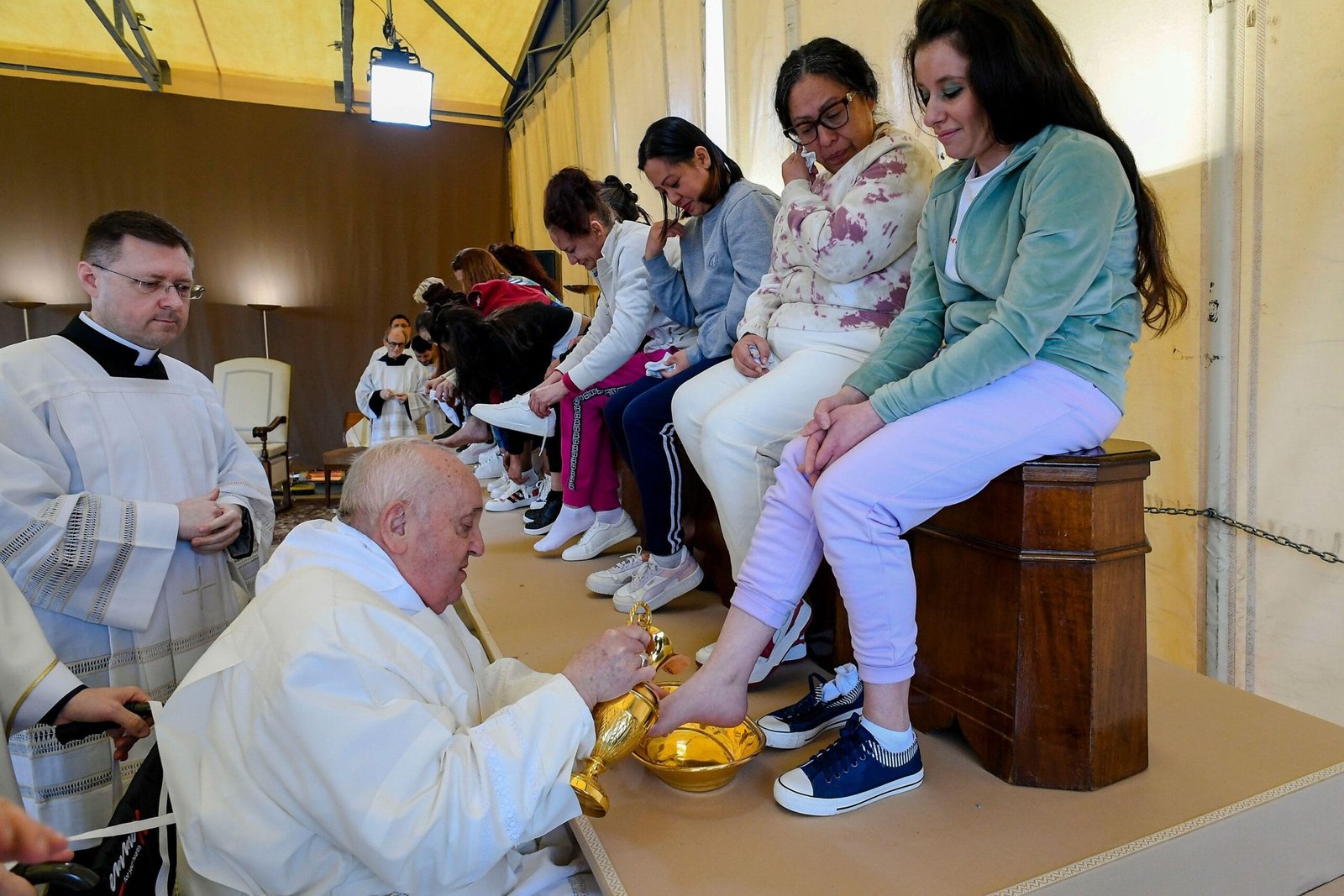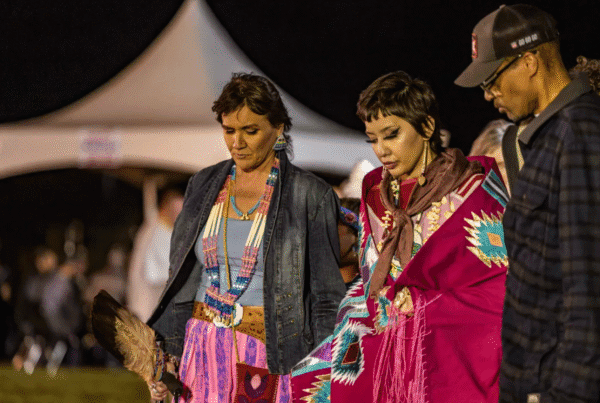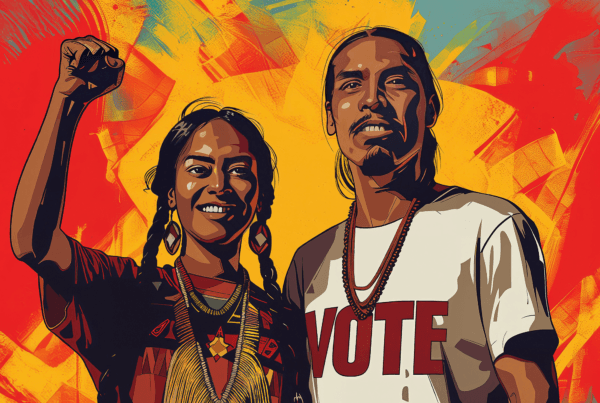This week, the world said goodbye to Pope Francis—a global religious leader who tried, in many ways, to embody the teachings of Christ not just with his words, but with his life.
For many Native people, especially those of us who follow Jesus, moments like this bring up complex emotions. The history of Christianity among Indigenous nations is stained with deep pain—colonization, forced conversions, cultural erasure, and the boarding and residential school systems that stripped generations of their language, identity, and dignity. And the Catholic Church was one of the main institutions behind much of this suffering.
But Pope Francis stood out because, in a role filled with power, he chose the posture of humility. He didn’t run from the sins of the past—he faced them. And he tried to do something that is all too rare in our modern world: he listened.
In 2022, he traveled to Canada—not for a political summit or photo opportunity, but to stand on the same ground where Indigenous children once had their cultures beaten out of them in Church-run residential schools. At Maskwacis, Alberta, surrounded by survivors and their families, he offered a direct, heartfelt apology:
“I humbly beg forgiveness for the evil committed by so many Christians against the Indigenous peoples.”
He used the word evil—not mistakes, not unfortunate chapters, but evil. That matters.
But even before that, Pope Francis had already invited Indigenous delegations to visit him at the Vatican. He sat with them. Heard them. Wept with them. In a place long known for its power and distance, he opened the door to relationship.
Some people have criticized these gestures, saying they weren’t enough—and in some ways, they’re right. A verbal apology doesn’t undo centuries of cultural destruction. No visit can replace what was taken. And while the Vatican did formally repudiate the Doctrine of Discovery in 2023, many Native leaders still long to see more concrete acts of justice—land back, reparations, healing investments in Native communities.
But here’s what we must wrestle with: the journey of repentance is not a one-time transaction. It’s a way of life. And Pope Francis seemed to understand that. He wasn’t perfect. But he made steps. He acknowledged wrongs. He called others to do the same. He tried to walk in the way of Jesus—not from a throne of gold, but from the margins.
As a Native follower of Christ, that gives me hope. It reminds me that while institutions may fail, individuals can still choose to walk the good road. That we can choose humility. We can choose to listen. We can choose healing over hiding.
And now, Pope Francis walks no more among us. He has entered the life to come. In Native tradition, we speak of the Happy Hunting Grounds—not just a peaceful afterlife, but a place where the brokenness of this world no longer holds us captive. Where ancestors are waiting, and the Creator welcomes us home.
As Christians, we call it Heaven. The Kingdom. And we believe in the promise that those who walk with Jesus—even through the valleys, even with limp and scar—will one day be received with open arms.
“You have served me well, my good and trusted friend”
—Matthew 25:21
I imagine that moment. Jesus standing at the edge of the Kingdom, welcoming Pope Francis home—not because he was a Pope, but because he was a servant. A man who tried to live the teachings of the One he followed. A man who sought to lift the poor, to honor the wounded, to reconcile where there was deep division.
And in that sacred place, he lays down his crown—not as a symbol of power, but of surrender. As Revelation 4:10–11 describes, the elders in Heaven cast their crowns before the throne of God, saying:
“You are worthy, our Lord and God,
to receive glory and honor and power,
for you created all things,
and by your will they were created
and have their being.”
This is our hope, too—not just that we are saved, but that we might live lives worthy of laying something down at the end. That we won’t just talk the talk, but walk the road. That we’ll care for the marginalized even when it’s unpopular, and that we’ll say yes to Christ over and over again, for as long as we have breath.
Pope Francis did that. Not perfectly, but persistently. And today, as we reflect on his life, we are reminded that the road of following Jesus is not easy—but it is good. And it leads home.
May we all walk that good road.
May we walk it humbly.
And may we walk it together.





